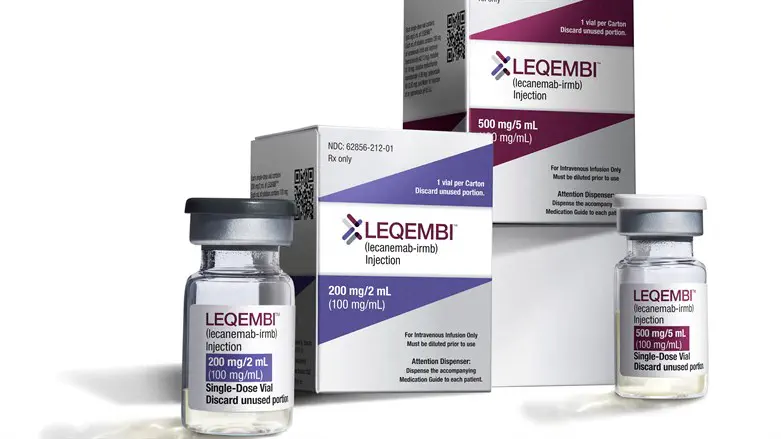
The US Food and Drug Administration (FDA) on Thursday granted traditional full approval to the Alzheimer’s drug Leqembi, the first medicine proven to slow the course of the memory-robbing disease, CNN reports.
The Centers for Medicare and Medicaid Services said later that it will now expand coverage of the drug, broadening access for up to an estimated million people with early forms of the disease.
“Today’s action is the first verification that a drug targeting the underlying disease process of Alzheimer’s disease has shown clinical benefit in this devastating disease,” Teresa Buracchio, acting director of the Office of Neuroscience in the FDA’s Center for Drug Evaluation and Research, said in the announcement.
“This confirmatory study verified that it is a safe and effective treatment for patients with Alzheimer’s disease.”
Leqembi, from drugmakers Eisai and Biogen, received accelerated approval in January based on evidence that it clears amyloid plaque buildups in the brain that are associated with Alzheimer’s disease. But because of an earlier coverage decision by CMS, which provides insurance coverage for many elderly people with Alzheimer’s through Medicare, the drug hasn’t been widely used. It costs $26,500 annually before insurance coverage.
The drug was approved only for people with early forms of Alzheimer’s disease, those with mild cognitive impairment or mild dementia who have been confirmed to have amyloid plaques in their brains.
Dr. Lawrence Honig, a professor of neurology at Columbia University Irving Medical Center, estimates that group constitutes about a sixth of the more than 6 million Americans currently diagnosed with Alzheimer’s.
Even for those who may benefit from the drug, Honig noted, it’s not a cure. Leqembi was shown in an 18-month clinical trial to slow declines in cognitive ability and function by 27%.
The drug also comes with side effects and requires monitoring through regular brain imaging, noted CNN. About 13% of participants in the trial experienced brain swelling or bleeding, and those risks could be higher for certain groups based on their genetics or if they take blood-thinning medications.
The FDA says a boxed warning is included in the prescribing information to alert patients and caregivers to the potential risks associated with these side effects.
